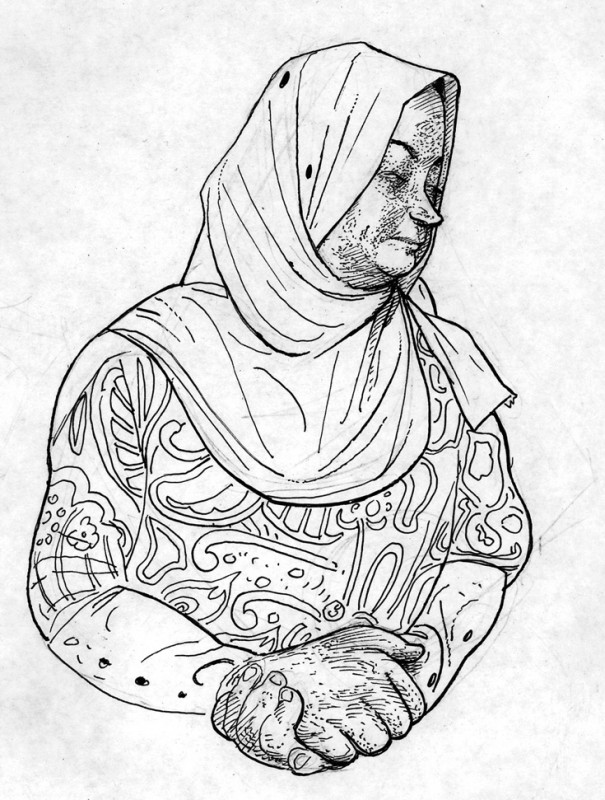Simple people simply seeking justice can be the trigger for huge movements. According to a piece in the Washington Post on December 30, Wedad Demerdash was the lone courageous voice in Egypt who inspired the nation and led to a revolution . . . through organized labor.
The Post:
” . . . It was she who helped organize the initial strike by disgruntled workers in December 2006 that culminated in a nationwide call for a work stoppage on April 6, 2008. The date inspired the 6th of April Facebook group, which was used to rally the protesters in Cairo’s Tahrir Square in January.
When the men of the mill balked at joining the banned strike action, she seized the initiative and led her female co-workers out into the factory grounds. Chanting “Where are the men? Here are the women,” they marched around the mill until the men were shamed into joining them. After three days, the workers won.
Amid the upheaval of the past year, the part labor played in the birth of the revolution has been largely forgotten. But workers joined the revolutionaries in the square in February and have continued to stage strikes throughout the year, taking on a far greater role in Egypt, with its strong industrial base, than labor has in other countries where uprisings have taken place.
The strikes continue to this day, and although they have been eclipsed by the far-better-publicized demonstrations in Tahrir Square, future Egyptian governments will need to address at least some of the demands of an increasingly organized labor movement if the country’s unrest is to be tamed.
This is the story of Wedad Demerdash, 44, a mother of four and, perhaps, the original revolutionary.
‘Mahalla sets the tone ’
The Misr Spinning and Weaving Co. in Mahalla is Egypt’s biggest industrial enterprise and one of the largest cotton mills in the world. Founded in 1927, it was once the flagship of Egyptian industry, churning out high-quality cotton that was sold around the globe.
In recent years, its workforce has dwindled to 21,000 from a peak of nearly 40,000, and it operates at a considerable loss to the state. But to Egyptians, the mill is legendary. Known simply as Mahalla, it has become synonymous over the years with the militancy of its workers.
“Whatever happens in Mahalla sets the tone for Egypt,” said Hossam el-Hamalawy, a labor activist and blogger. “If Mahalla goes on strike and wins, you can be assured the rest of the country will go on strike too.”
So it was in 2006. Demerdash had gone to work there in 1984 at age 16, paying little attention to politics as she married and raised four children while holding down her job as a garment stitcher. The militancy of Mahalla had been muted by the repression of the Mubarak era.”




